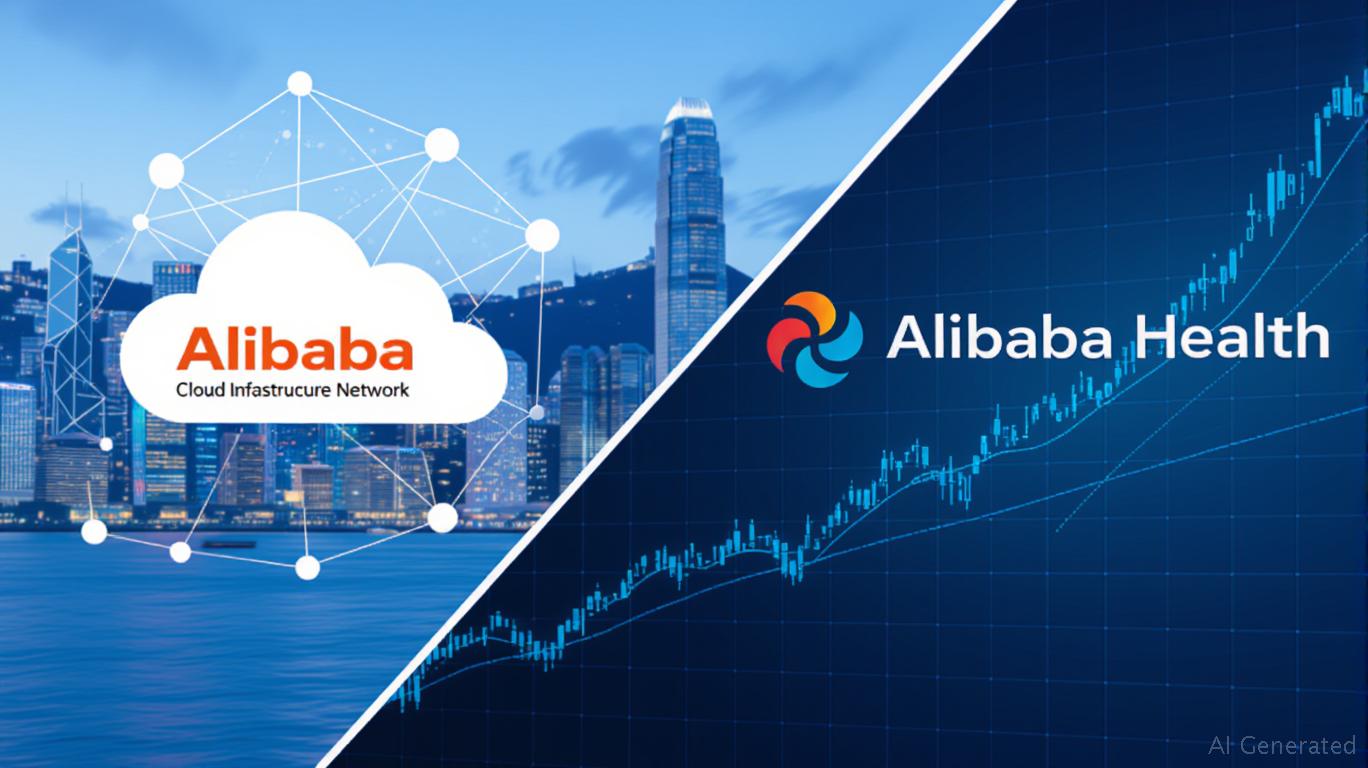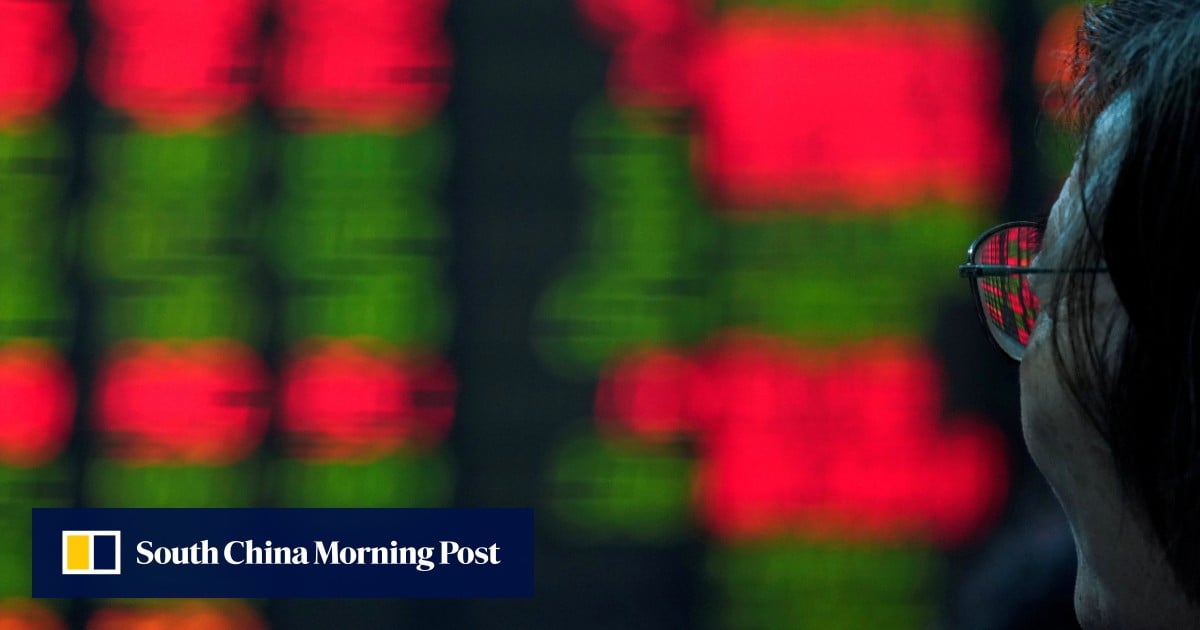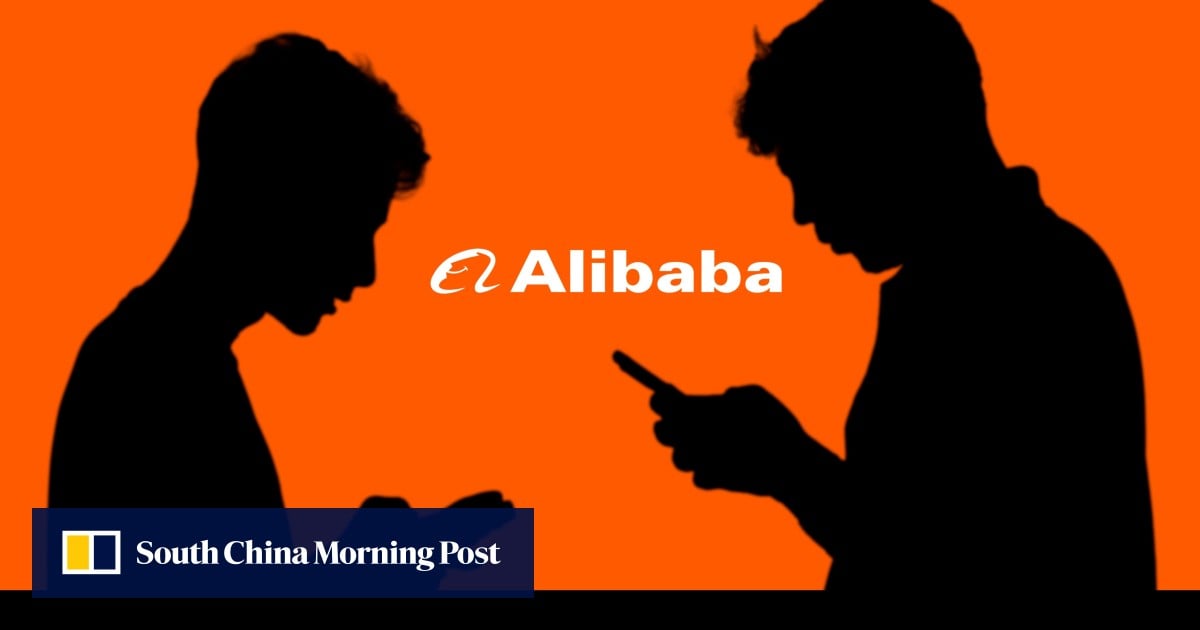Alibaba's $1.5 Billion Bond Play: A Strategic Gamble on Health and the Cloud?
Nathaniel StoneFriday, Jul 4, 2025 7:08 pm ET
![]() 46min read
46min read
Alibaba Group's recent announcement of a $1.5 billion bond issuance—structured as exchangeable notes linked to its healthcare subsidiary Alibaba Health—has ignited debate about the e-commerce giant's strategic priorities and financial acumen. The move, part of a broader push to fund cloud infrastructure and international expansion, reveals a calculated balancing act between capital efficiency, equity preservation, and market signaling. Let's dissect the implications for investors and the broader tech ecosystem.
Alibaba's decision to issue maturing in 2032 is a stroke of financial creativity. The bonds allow investors to exchange them into Alibaba Health shares at a 48% premium to the concurrent delta placement price—a mechanism that both attracts capital and safeguards Alibaba's equity stake. By avoiding direct equity dilution, Alibaba retains control over its prized healthcare subsidiary even if bonds are fully converted. This structure also sidesteps the interest payments typical of traditional bonds, reducing near-term cash outflows.

The delta placement, a hedging tool for investors, further stabilizes the offering. For Alibaba, the move underscores a strategic shift toward using subsidiary assets as “capital reservoirs” amid macroeconomic headwinds. Asian markets, where exchangeable bonds have surged in popularity, are increasingly leveraging such instruments to navigate high interest rates and volatility.
The $1.5 billion raised will fuel Alibaba's twin priorities: (with a $52 billion commitment over three years) and (via platforms like Lazada). This allocation reflects a clear-eyed focus on high-margin, high-growth sectors.
Cloud and AI are non-negotiable for tech giants in 2025. Alibaba's cloud division, already a regional leader, faces stiff competition from AWS and Microsoft. The $52 billion infusion positions it to outpace rivals in R&D, data centers, and AI toolkits—a critical edge in an industry where scale and innovation are existential. Meanwhile, international commerce, particularly in Southeast Asia, offers untapped markets for consumer tech and e-commerce.
The question remains: Is this capital allocation efficient? At face value, yes. The cloud/AI sector's long-term ROI potential justifies heavy investment, and international expansion leverages Alibaba's existing logistics and payment infrastructure. However, execution risks persist.
The bond's explicit tie to Alibaba Health sends a dual message:
1. : The 48% premium implies Alibaba believes Health shares will appreciate significantly. Despite a temporary dip post-announcement, its 27% YTD rise suggests investor buy-in.
2. : By avoiding direct Alibaba Health equity dilution, the parent signals its belief in the subsidiary's operational independence and strategic importance. This matters for shareholders, as Health's role in China's healthcare digitization—a $200 billion market—is only growing.
Critics might argue the bond issuance exposes reliance on subsidiary assets, but in a market starved for yield, the structure offers investors a rare chance to capitalize on Health's upside without direct equity risk.
For investors, Alibaba's move creates distinct entry points:
1. : The bond's premium suggests a bullish outlook on its prospects. While short-term volatility is possible, long-term investors might view dips as buying opportunities.
2. : The bond's success reinforces management's commitment to high-growth sectors, potentially boosting confidence in the parent's valuation.
However, risks loom. A prolonged economic slowdown could strain cloud investment timelines, while geopolitical tensions might crimp international expansion. Investors should monitor two key metrics:
- : A trailing indicator of its competitive edge.
- : A leading indicator of regional dominance.
Alibaba's bond issuance is less a liquidity play than a strategic masterstroke. By marrying financial engineering with bold capital allocation, it signals a willingness to double down on sectors that define the future of tech. For investors, the move is a vote of confidence—not just in Health's potential but in Alibaba's ability to navigate a fragmented global economy.
In a world where capital allocation efficiency is king, Alibaba's bet on cloud and health may yet prove prescient. The question now is whether the markets will follow suit.








